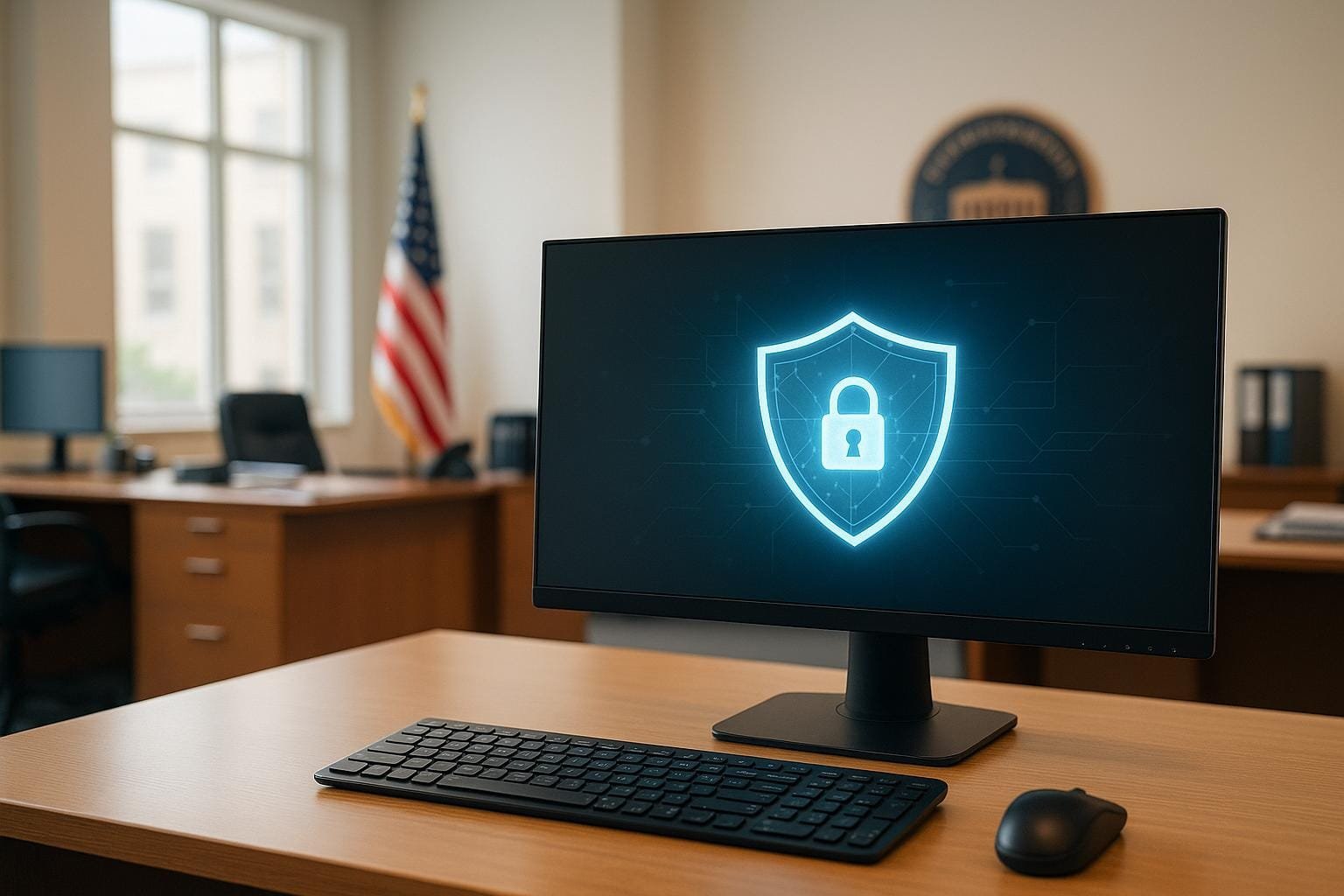The Context:
With the Coronavirus outbreak making a new global buzzword, the threat of another vulnerability looms in the distance. The world is racing to contain the new Coronavirus that is spreading around the globe with alarming speed, with 90,932 cases and 3,125 deaths. Security researchers have declared that the hackers are now using the name of the deadly Wuhan Virus for a new campaign of ransomware infection, malware, and other cyber threats.
In this article, you will get to know how hackers are using the term for creating infections that appear to be legitimate but is a phishing attack.

These malicious infections in the name of Wuhan Coronavirus are now reported to be circulating digitally through networks, globally. Being a China-born Coronavirus is a kind of respiratory infection that spreads among humans living in China and the world at a rapid rate. Any trending news/ name hitting headlines, cybercriminals, especially in the west, using the name as a keyword to launch malicious campaigns in the digital world.
How Is Coronavirus being used by hackers?
Hackers are using phishing attacks to take advantage of the recent Coronavirus Crisis. Hackers have tried to maximize this opportunity and accelerated the speed of malware and Trojan through fake documents.
- Fake CDC Alerts (Centers for Disease Control): In this, the attacker baits the victim with a list of viruses in their surroundings. To see the list, you have to click on the link provided by the attacker that sends you to a credential-stealing page.
- Binding Payload: In this, the hackers target the victim by manipulating them to install an application that sends them a notification about the Coronavirus and how you can safeguard yourself from it. But the reality is, this application creates a backdoor for hackers to steal information about you. These payloads can be bound with text, images, and videos, etc.
Taking people’s curiosity about the mysterious coronavirus has become the talking point across the globe, cybercriminals have started deploying malicious files on people’s computers in the guise of providing information and safety about coronavirus, security awareness. The files are known to be masked under the extensions of pdf, mp4 and Docx files about Coronavirus. These names of the files imply that they contain video instructions on how to stay protected from the virus, updates on the threats and even virus detection procedures.
The files are discovered to contain a range of threats from Trojans to worms, capable of destroying, blocking, modifying or copying data, as well as interfering with the operations of computers or computer networks. So far, researchers have found that 10 unique files dubbed as Coronavirus spread related to document were found circulating on the web that was filled with infections like file-encrypting malware, crypto-mining malware and browser details siphoning digital adjectives.

How to Stay Safe from these types of attacks?
- Always take precautions when opening emails titled ‘Corona-virus’.
- Instead of checking the mail, be aware of the recent hacks happening around the world.
- Be careful from email spreading fake news about the virus, or be careful from identifying unknown user accounts.
- Be careful when you receive an email in the file formats .MP4, .PDF, .DOC
- Check for errors in spelling, grammar mistakes of the emails the files come from. If something looks suspicious, make sure you report the email as spam or delete it completely.
- Check the links before opening it and only download text files, images, videos, and applications from a trustworthy source.
The link appears to be legitimate but redirects to a phishing website that replicates a Windows login and asks the user for their email and password.
To avoid falling victim to malicious programs pretending to be exclusive content, people shall try to avoid suspicious links, promising exclusive content and refer to official sources for more related information.
“STAY UPDATED. STAY PROTECTED!”
Previous Coverage:



